Russian nationalists hope for return of a czar
They are convinced Russia should be ruled by an autocratic monarch.
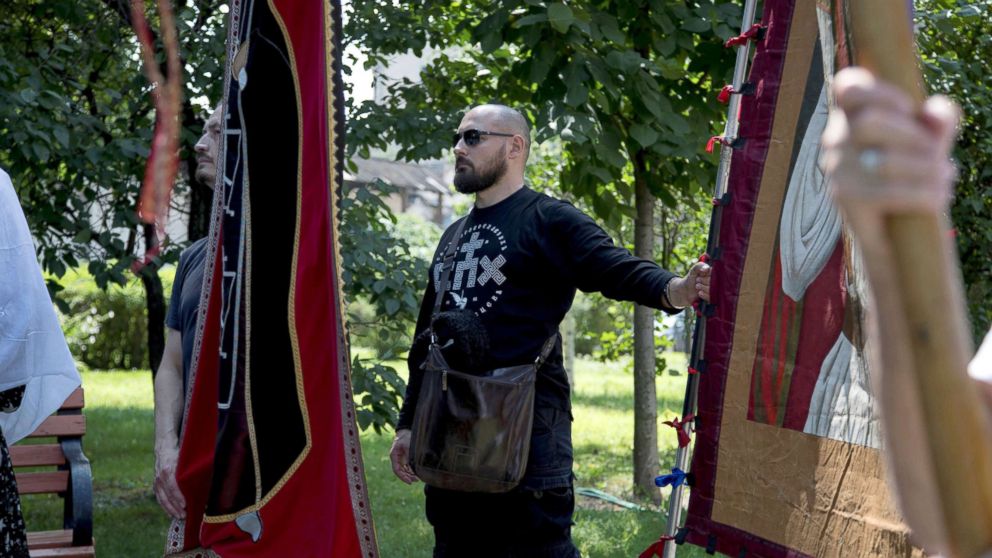
Their slogan is Orthodoxy or Death. They are convinced Russia should be ruled by an autocratic monarch. They believe the coming of a new czar may be imminent.
The Union of Orthodox Banner Bearers is a small fringe group of Russian nationalists with no political power that stages processions, rallies and even burns books to promote their views.
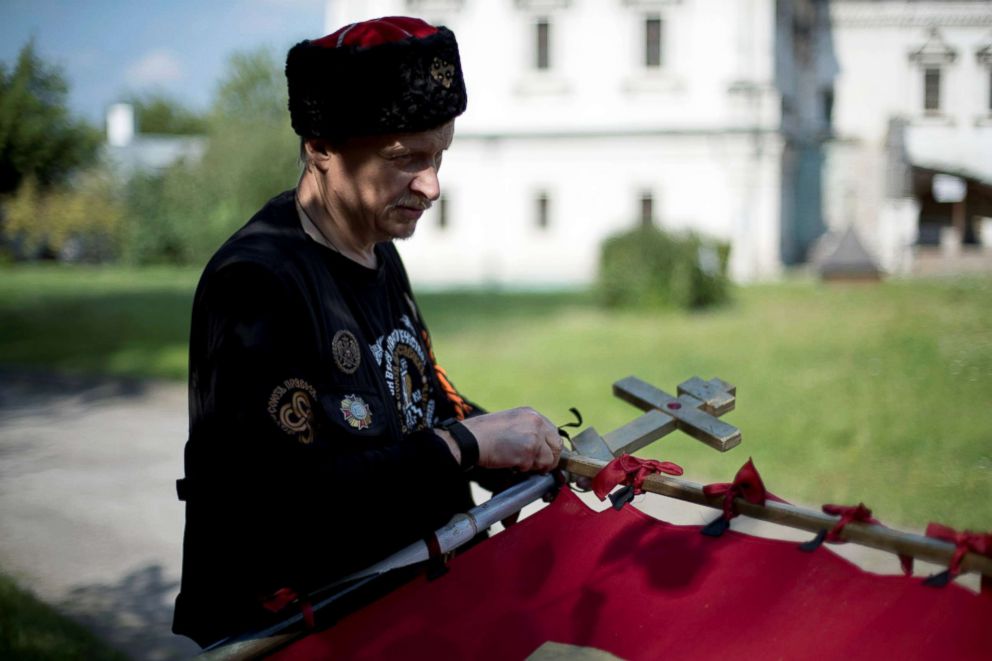
Clad in all-black and marching with their Orthodox banners, the group pairs a biker club's aesthetic with the gold of religious icons.
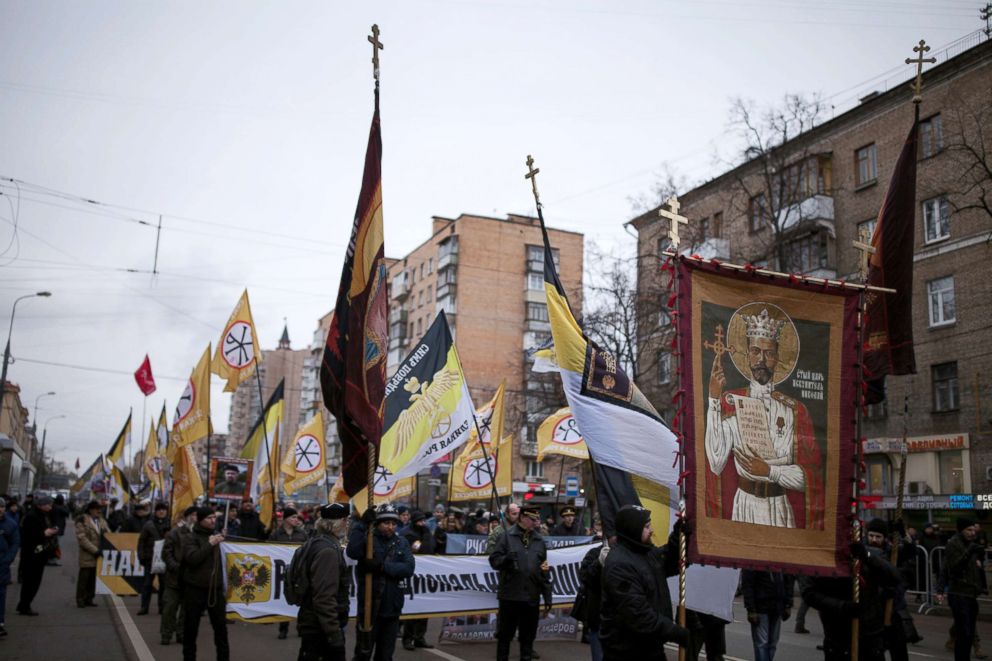
"We are striving for the restoration of an autocratic monarchy. Like the one we had under our czars," Leonid Simonovich-Nikshich, the group's white-bearded leader, said.
"It is only possible through the church. In no way is this possible in a political secular way because that would be a dictator," he said.
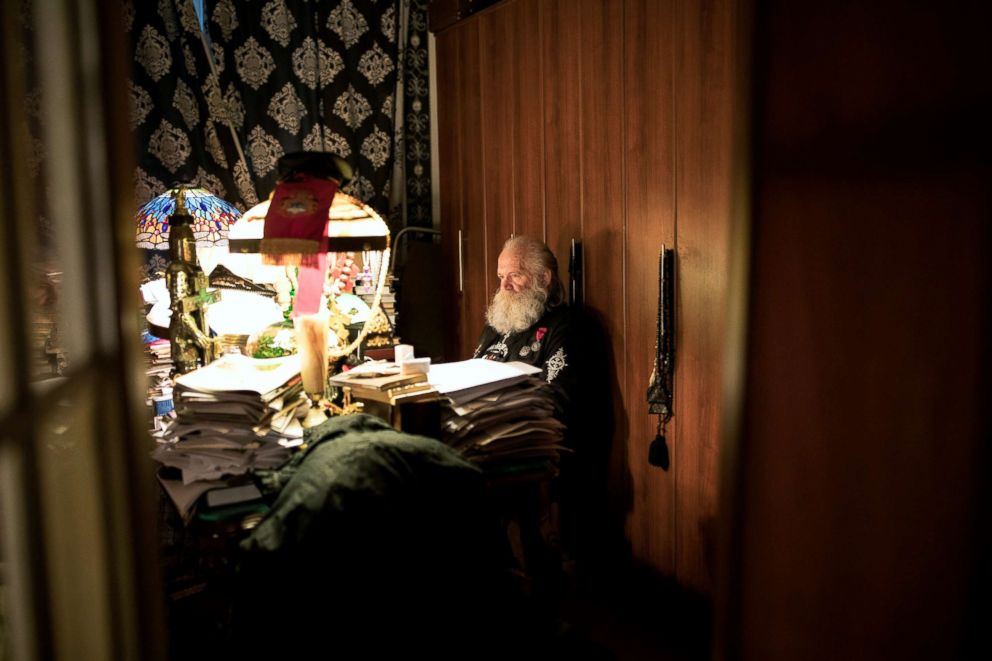
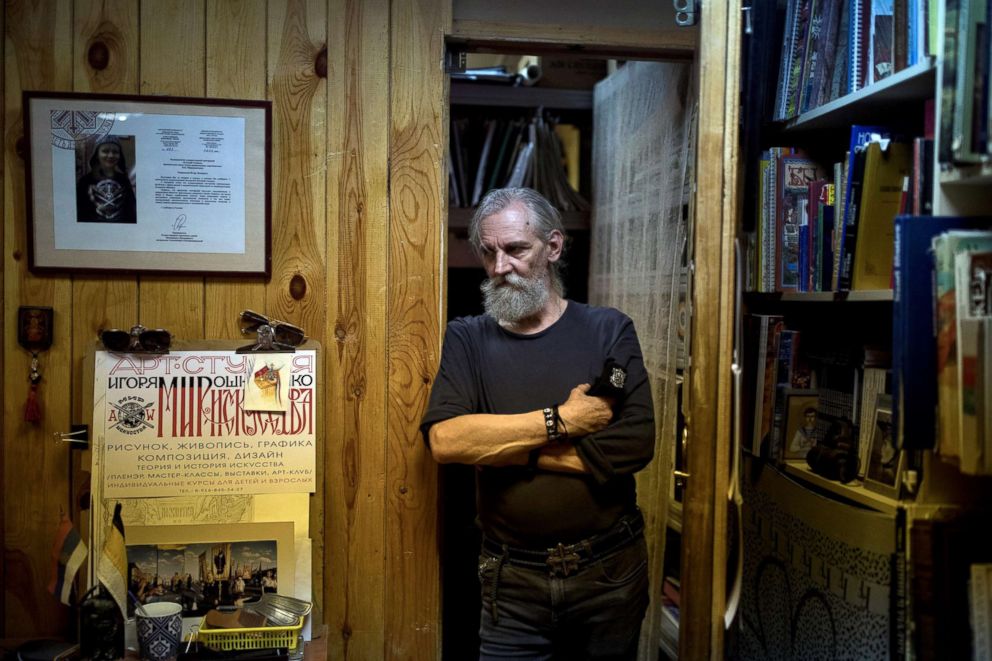
Its leaders say they are unsure how a shift to a monarchy might come about, with some members seeing the change emerging from a bloody social convulsion and others simply praying for it to happen.
Ultra nationalist politician Vladimir Zhirinovsky has referred to Russia President Vladimir Putin as a modern-day czar, but the Orthodox group's political allegiances are unclear and it is not suggesting that he head an autocratic monarchy.
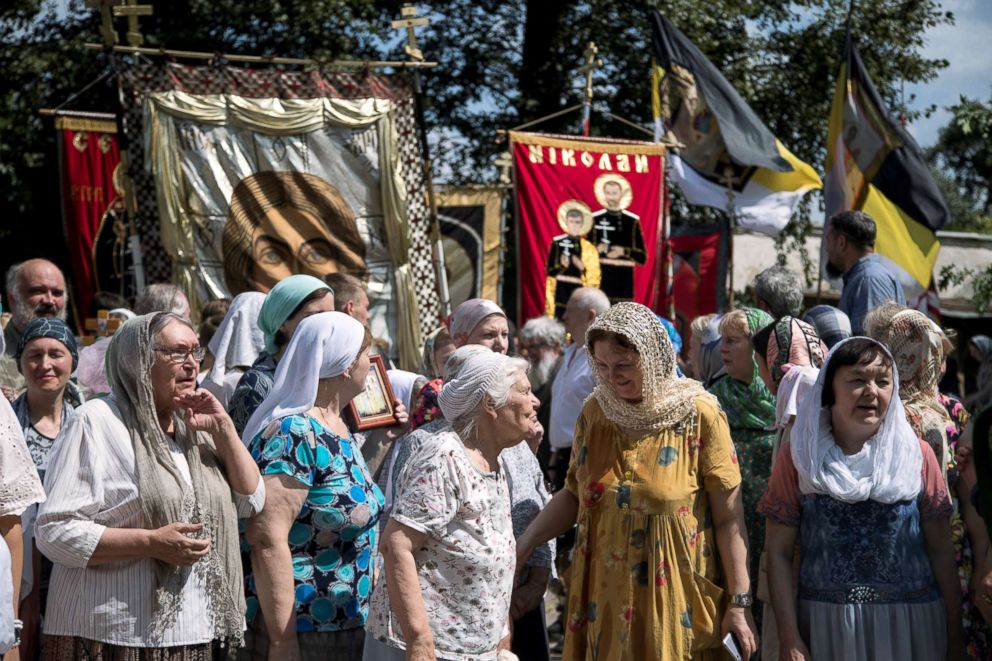
The group held a religious procession at a monastery in Moscow last month to mark one of the most important recent dates in their calendar: the 100-year anniversary of the murder by the Bolsheviks of Russia's last monarch, Czar Nicholas II.
The czar, his wife and five children were shot on the night of July 16 to 17, 1918, in the basement of a merchant's house in the city of Yekaterinburg, 900 miles east of Moscow.
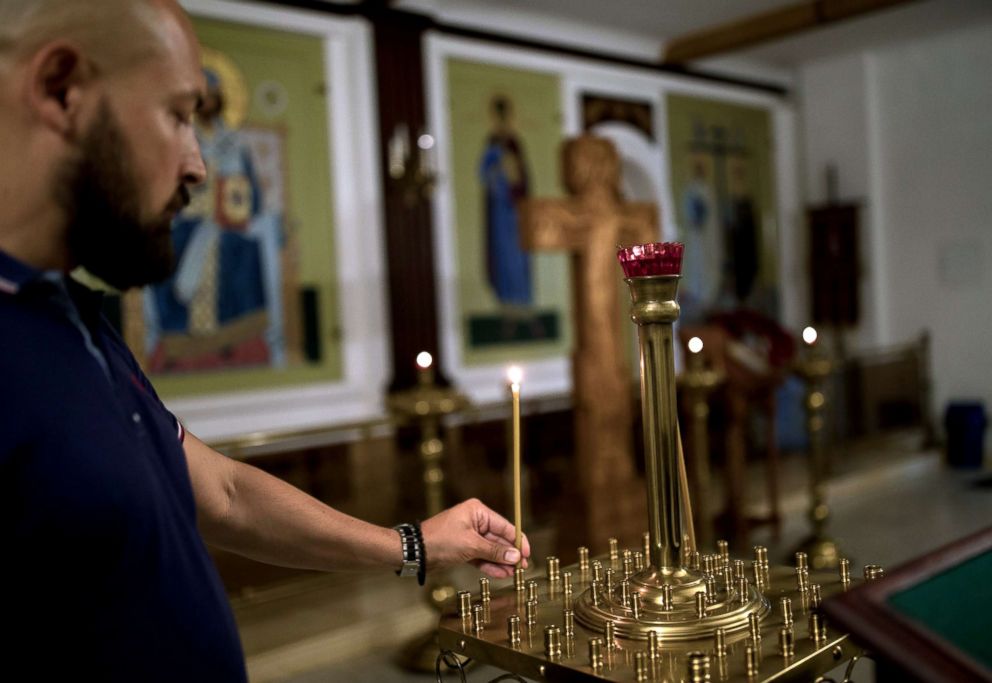
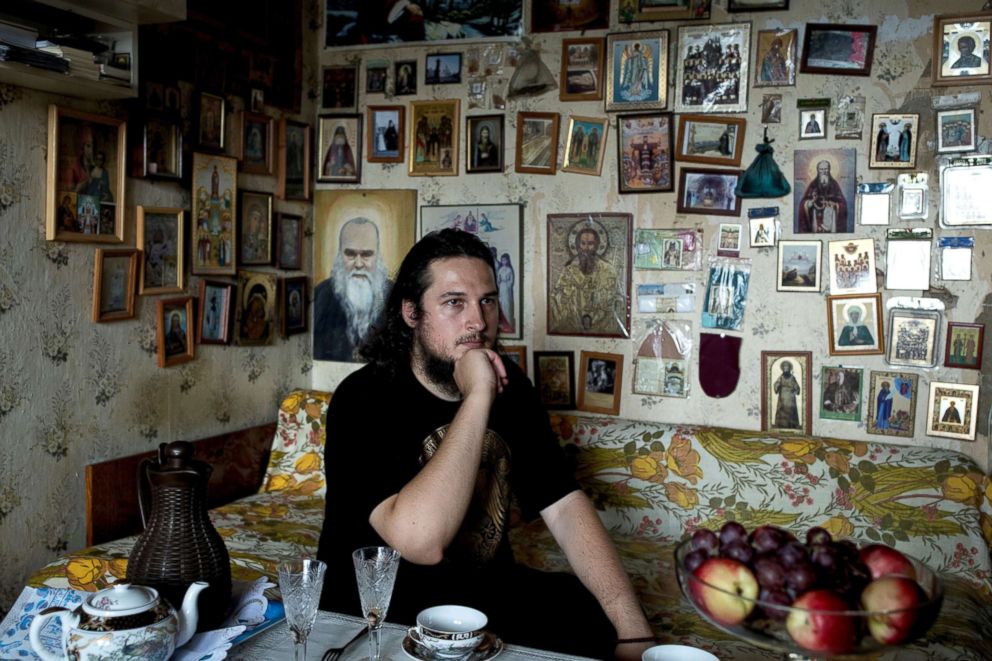
After the collapse of the Soviet Union and the state atheism it espoused, the church canonized the czar and his family, and his popularity as a historical figure has grown amid a Russian Orthodox Church resurgence under Putin.
Russian religious conservatives last year waged a campaign to block the release of Matilda, a Russian movie the Union of Orthodox Banner Bearers described as blasphemous for its depiction of a romance between the czar and a young ballerina.
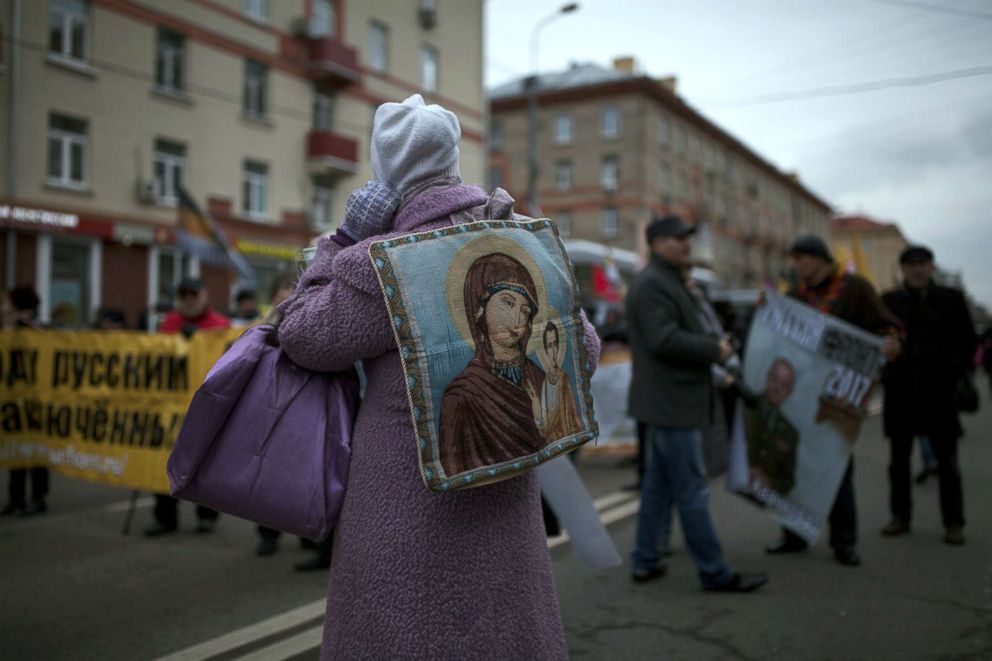
The group did not attend the main memorial event in Yekaterinburg to mark the centenary of his murder, however.
It was told it would not be allowed to raise its standards -- some of which feature skulls and radical slogans like Orthodoxy or Death -- at the event, Igor Miroshnichenko, a member of the group, said.
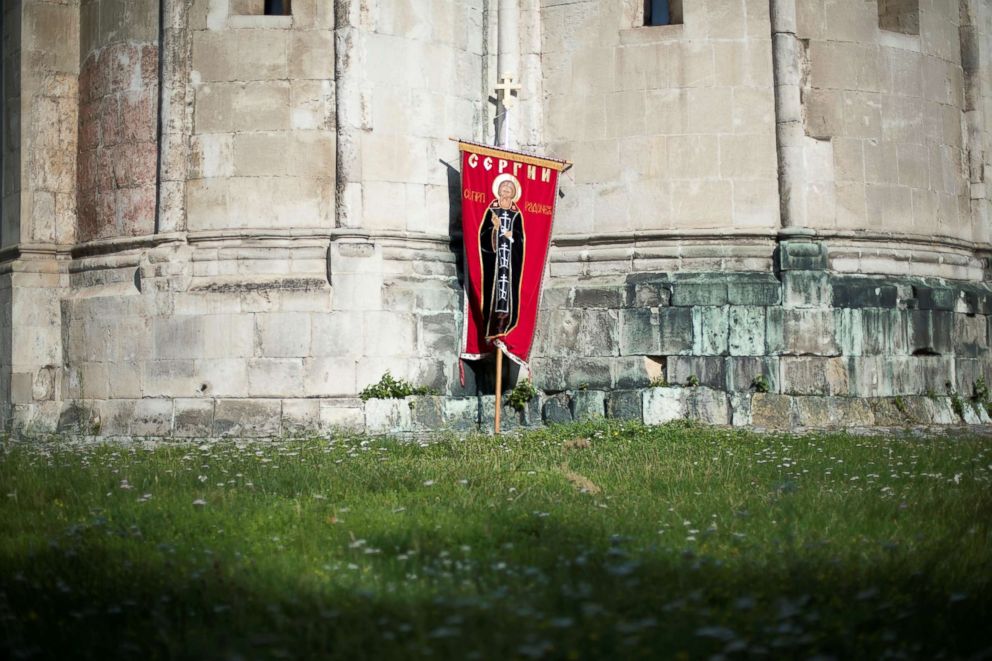
Instead, the group gathered at the Andronikov Monastery of the Saviour in Moscow on July 17 where they marched with tall crosses and standards depicting Russia's last czar.
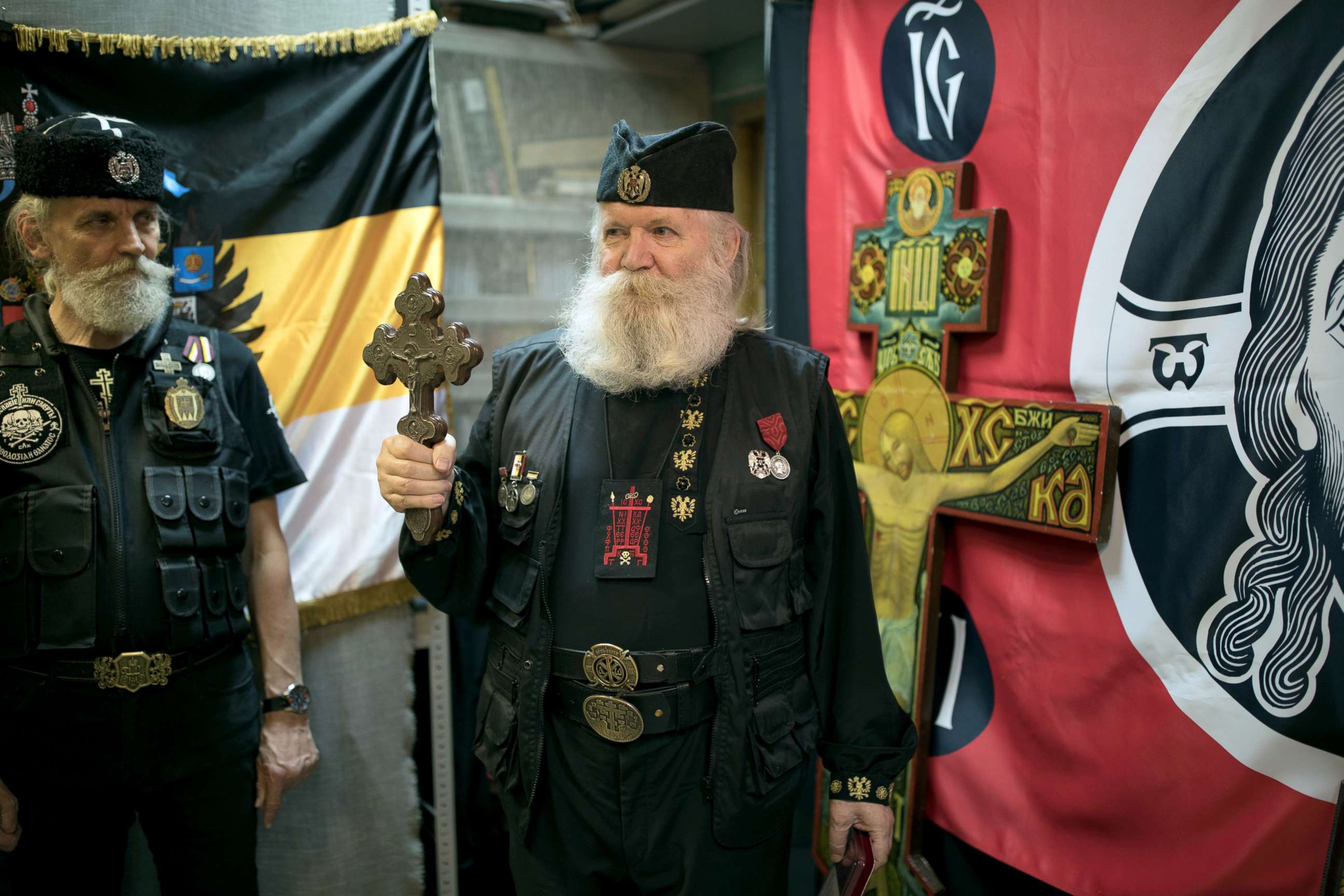
Writing by Tom Balmforth Photos by Ekaterina Anchevskaya for Reuters




